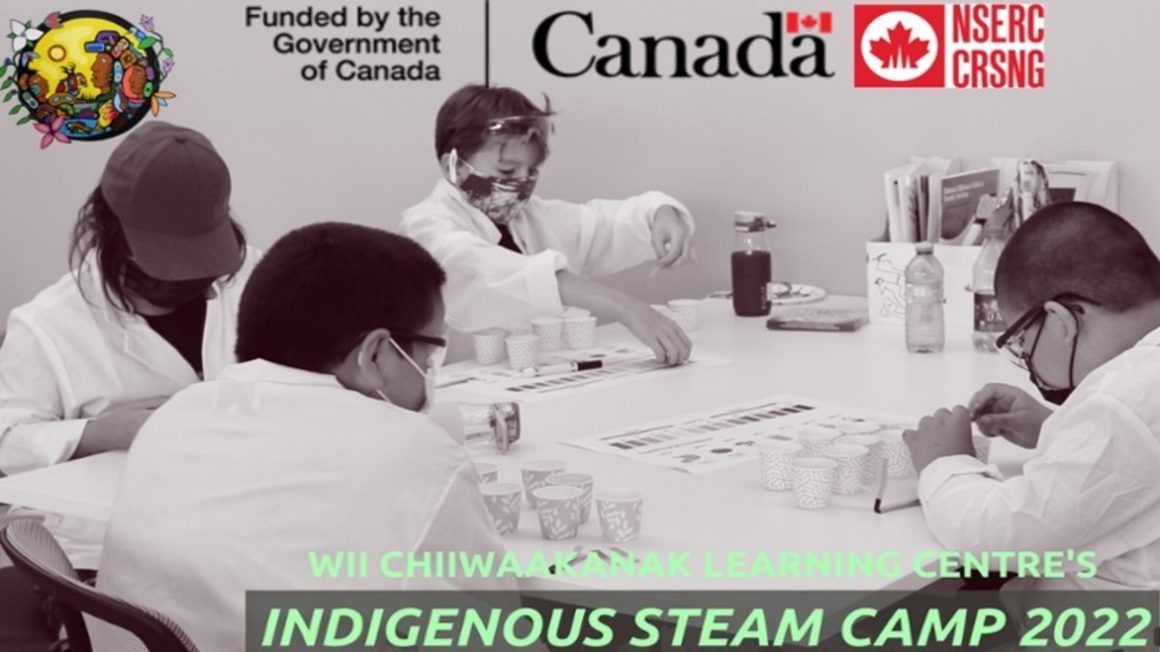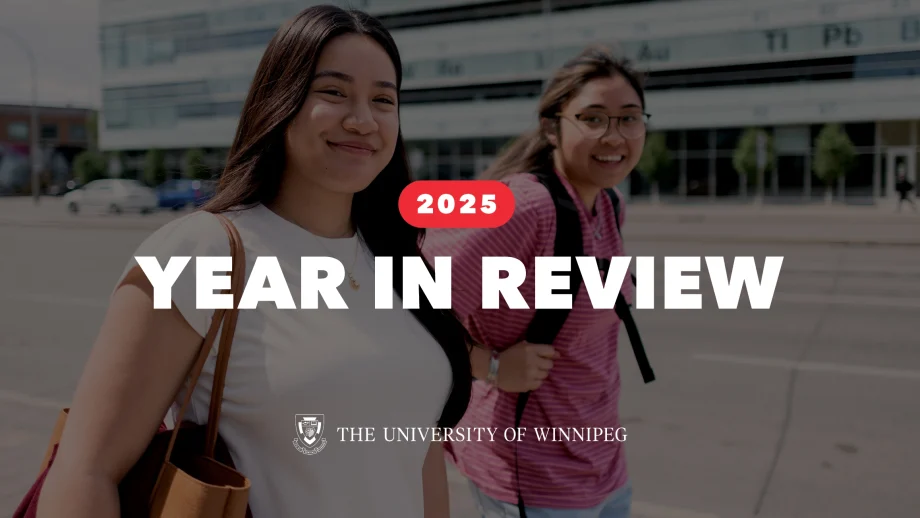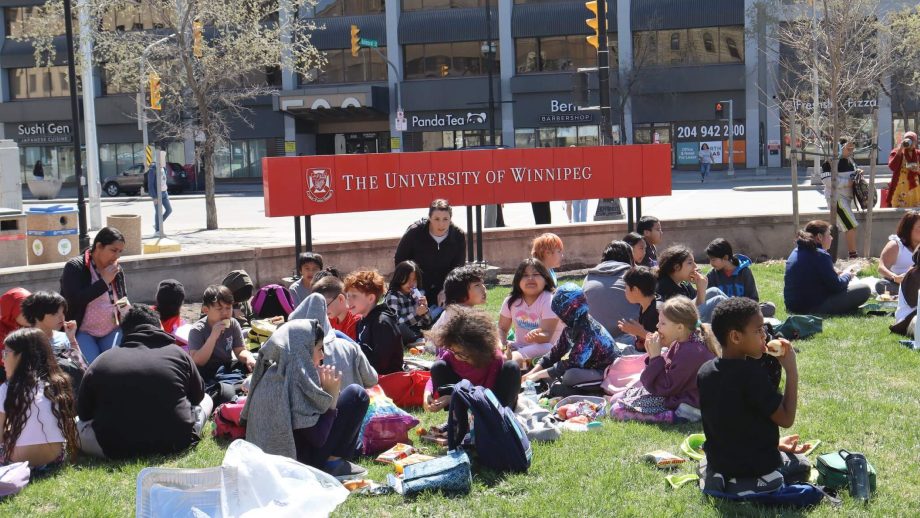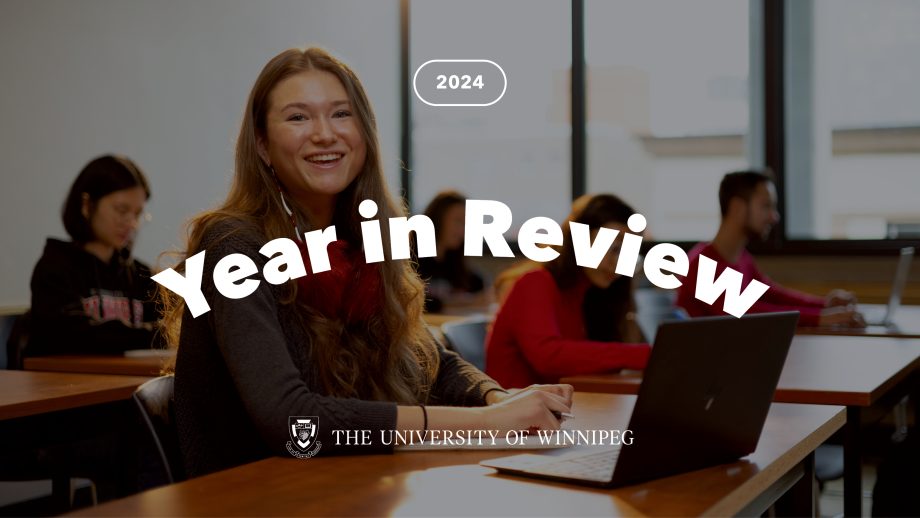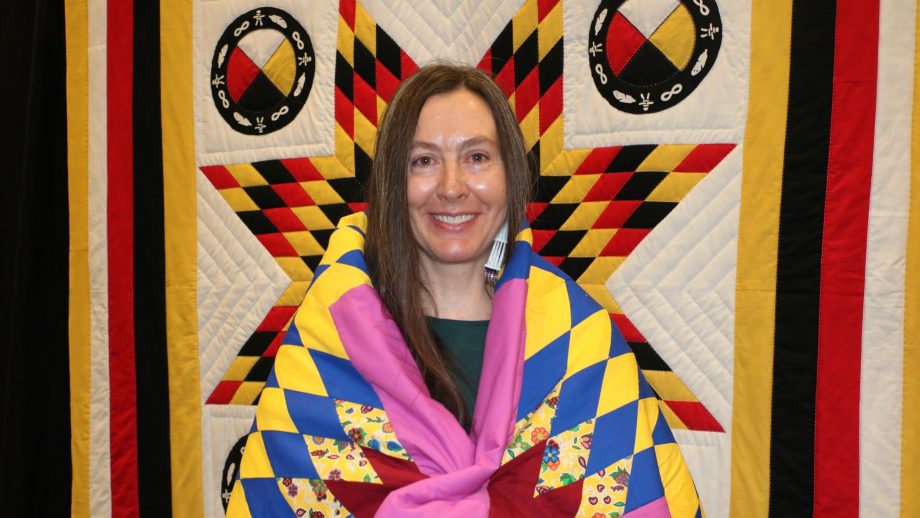The Wii Chiiwaakanak Learning Centre’s annual Indigenous Summer STEAM Camp is returning from July 11 to August 5.
I want them to feel good about being on a university campus and make sure they know they belong here.
Angeline Nelson
The camp, which is designed for students from Grades 1 – 6, gives children the opportunity to participate in a wide range of activities in science, technology, engineering, arts, and mathematics, while incorporating Indigenous knowledge, language, and culture as much as possible.
Thanks to funding through the Government of Canada’s CanCode program, Angeline Nelson, Director of Community Learning and Engagement, says the camp has been able to nearly quadruple its size from 56 students last year to 197 this year.
“To drive our economic success for years to come, we must support young Canadians in the digital world. By investing in resources that teach students skills like coding and data analytics, we are helping prepare them for success in the 21st century economy,” said The Honourable François-Philippe Champagne, Minister of Innovation, Science and Industry. “These are the skills that will help them transition from the classroom to research labs, shop floors, and boardrooms. Congratulations to the Wii Chiiwaakanak Learning Centre as they prepare the next generation for the jobs of tomorrow.”
Being able to accommodate more students meant Wii Chiiwaakanak was able to reach out to more schools and community organizations.
Schools such as Isaac Brock, Sister MacNamara, and John M. King were provided with first access to registration. Community organizations like West Central Women’s Resource Centre, Neeginan Centre, and Spence Neighbourhood Association also had posters put up before registration was opened publicly.
“It will always be our goal to reach more youth, especially more locally,” Nelson said. “Relationship building is so important to reaching youth. We knew that 56 kids is great, but we wanted to reach so many more and we’re thankful CanCode funding has enabled us to grow this much.”
Combining Indigenous knowledge with STEAM
Indigenous knowledge keepers will be sharing traditional knowledge about many topics, such as traditional medicines, star teachings, creation stories, traditional games, growing methods, Indigenous knowledge within architecture, and more.
Students will take part in digital media creation (creating short videos), learning about special effects, introductory coding, engineering-based activities like rocket building and launching, 3D design and printing, and many other fun workshops.
In addition to more students, there are also more UWinnipeg faculty members participating and hosting workshops too. UWinnipeg’s Dr. Julie Nagam, Director of the 4,000 square foot Aabijijiwan New Media Lab, is once again opening up the space for workshops throughout the camp, including a green screen and virtual reality sessions.
And new this year is a series of greenhouse workshops hosted by the Department of Biology. A workshop takes place during each week of the camp thanks to the Greenhouse Committee.
“They’re planning to incorporate Indigenous knowledge around growing methods and how that’s different from monoculture growing, so we’re really excited for that,” Nelson said. “It’s incredible for the kids to learn about the practicality of Indigenous knowledge of our lands while being on different spaces on campus.
“The team’s motivation behind this camp is for every kid to feel good about being on a university campus and to know they belong here just as much as anyone else.”
Along with the funding, which makes this camp possible, Nelson also highlighted the partnership of the Community Education Development Association (CEDA).
Last summer, nine summer students with CEDA came to staff the camp. This year, 16 students will be funded and led by CEDA, which Nelson says is pretty significant.
“Without them, we really wouldn’t be able to staff the camp so well and make sure the kids are well supported in every activity they’re in.”
To learn more about Wii Chiiwaakanak’s Indigenous Summer STEAM Camp, visit their website.

